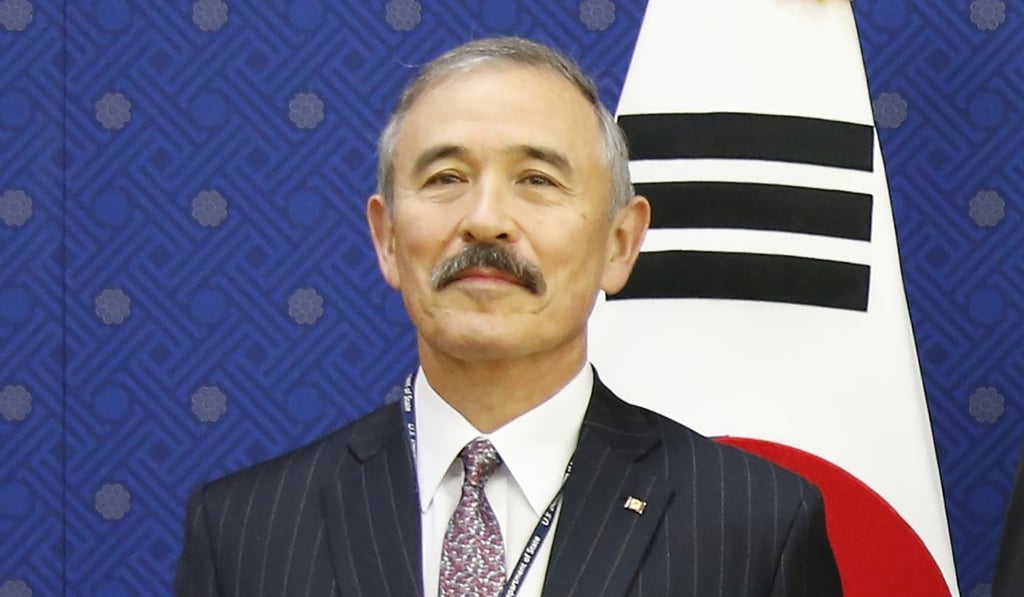Opinion | With China distracted, now is the time for Donald Trump to act on North Korea
- The US president needs regional support if he is to revisit the playbook on ‘maximum pressure’ against Pyongyang
- A gloomy economic outlook means Beijing may be a more pliable negotiating partner than usual

In response, US ambassador to South Korea Harry Harris warned that Moon’s actions could constitute a violation of sanctions, cautioning that “things should be done in consultation with the US”.
The Blue House did not take kindly to Harris’ remarks, calling them “very inappropriate”. The unification ministry asserted a claim of “sovereignty” over inter-Korean policy, while the ruling Minjoo Party accused Harris of interfering in domestic affairs.

Aspersions have been cast on Harris’ character, ability and even appearance – he has been called “haughty”, his diplomatic skills “immature”, while his moustache has become a favoured target of netizens who claim it evokes those worn by Japan’s despised governor-generals during Korea’s annexation (Harris is Japanese by descent).

